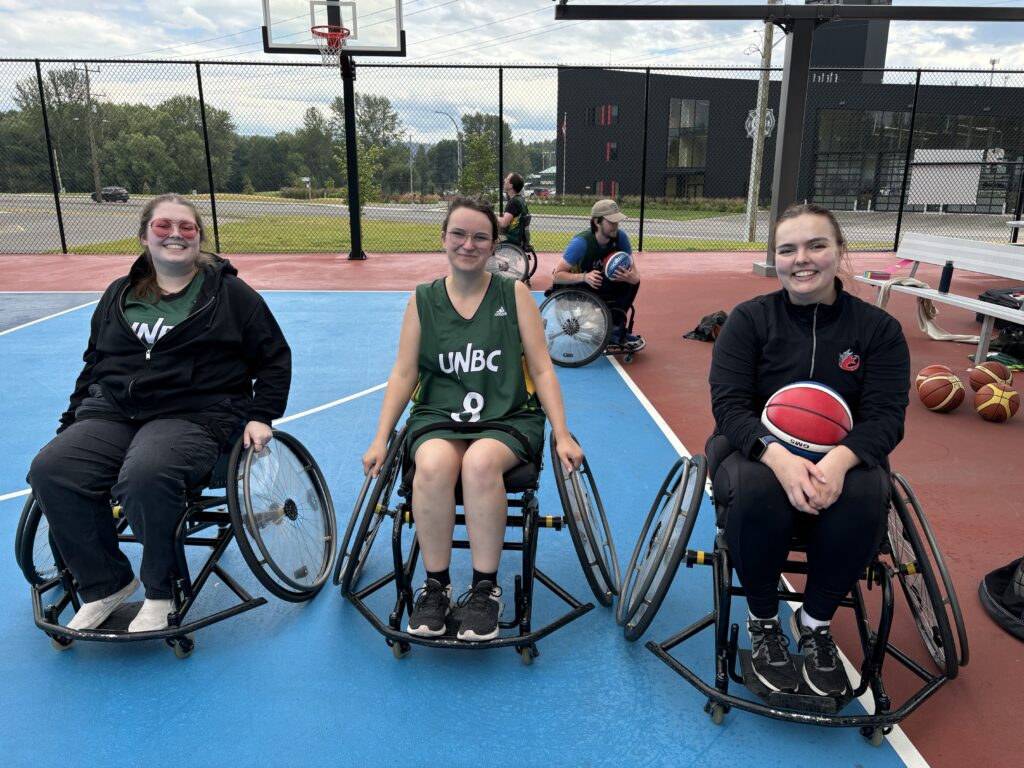The capacity to utilize technology sensibly, securely, and politely is known as digital citizenship. It refers to the capacity to safeguard private information on the internet, reduce the risks brought on by cyber threats or other online threats, and use information and media in a polite, informed, and lawful manner. In my second practicum, I taught an entire unit of Digital Media Literacy to two eighth-grade English classes, which makes me feel very prepared to discuss it here today as well as share lesson plans that I designed or developed from lessons found on MediaSmart.ca.
Safety on the internet is of major concern no matter your age, but learning how to navigate the internet safely is not something that comes naturally to most people. With the increased use of artificial intelligence (A.I) being introduced online your privacy can be more at risk. How so? Increased use of scam websites, phishing, and location discoveries are more and more common – especially due to the amount of time we all as individuals spend online, “teenagers spend 7 hours and 22 minutes per day in front of screens. That equates to 43% of a teen’s waking hours. By comparison, that’s 24 minutes more than the global average of 6 hours 58 minutes.” (Exploding topics).
There is also a feeling of a certain safety when you are online as a digital citizen, you feel safe to get away with things you may not be able to do in ‘real’ life – and while it may feel like you are anonymous online, you aren’t. This may be because you made your accounts with a common email or phone number, perhaps you linked your accounts – it’s very hard to be truly anonymous. Your digital footprint is forever connected to you, you may grow up and realize an old post you made is not something you align with anymore but you can’t just delete it (you can try) because somewhere there is a footprint (screen shots, a data history, etc) and your erasing of the post doesn’t remove it from your footprint. This can be devastating to some as it may result in you not getting hired in certain roles or perhaps becoming ‘canceled’ later down the road.
So how does one become a good Digital Citizen?
Here are a few ways one can become a good digital citizen:
- Be Kind – Treat others with kindness and respect both on and offline
- Dont take everything at face value, don’t believe all that you see – take the time to investigate and find the truth
- Dont take others’ materials/work and claim it as yours – give credit where credit is deserved, DO NOT PLAGIARIZE
- Be careful with what you share – keep personal identity (IDs, Credit Cards) off of your posts and think about if you want to be tied to a post that’s racist, homophobic, or otherwise hurtful for once it is posted you have no control over how it’s taken.
Lesson Plans:




